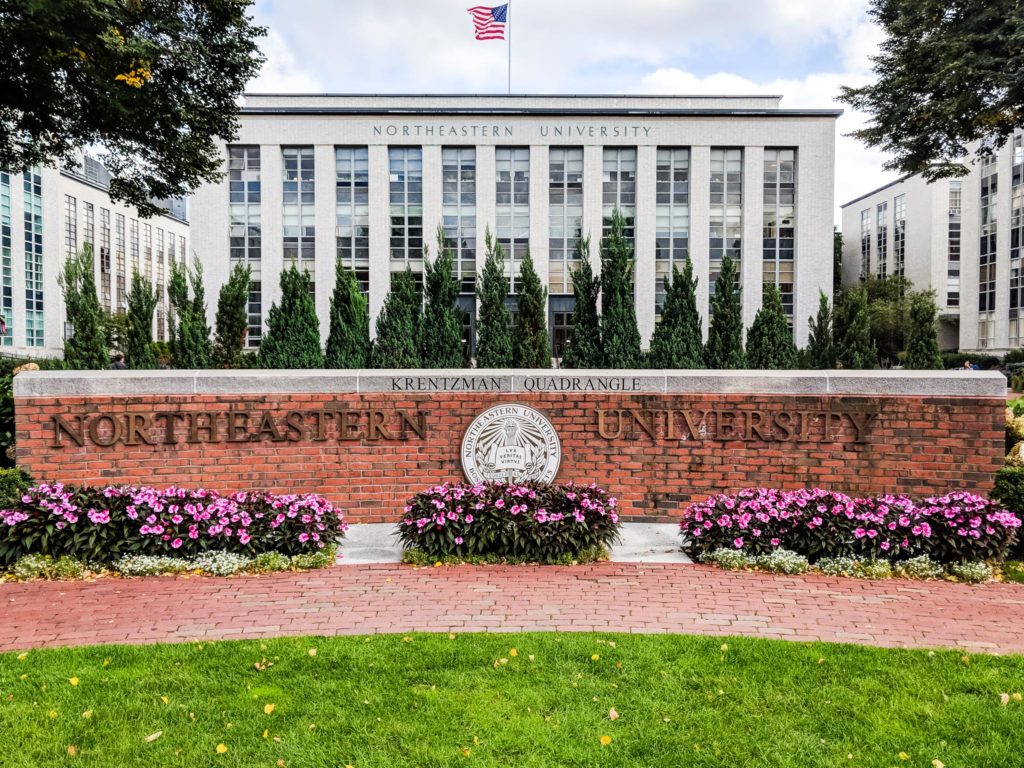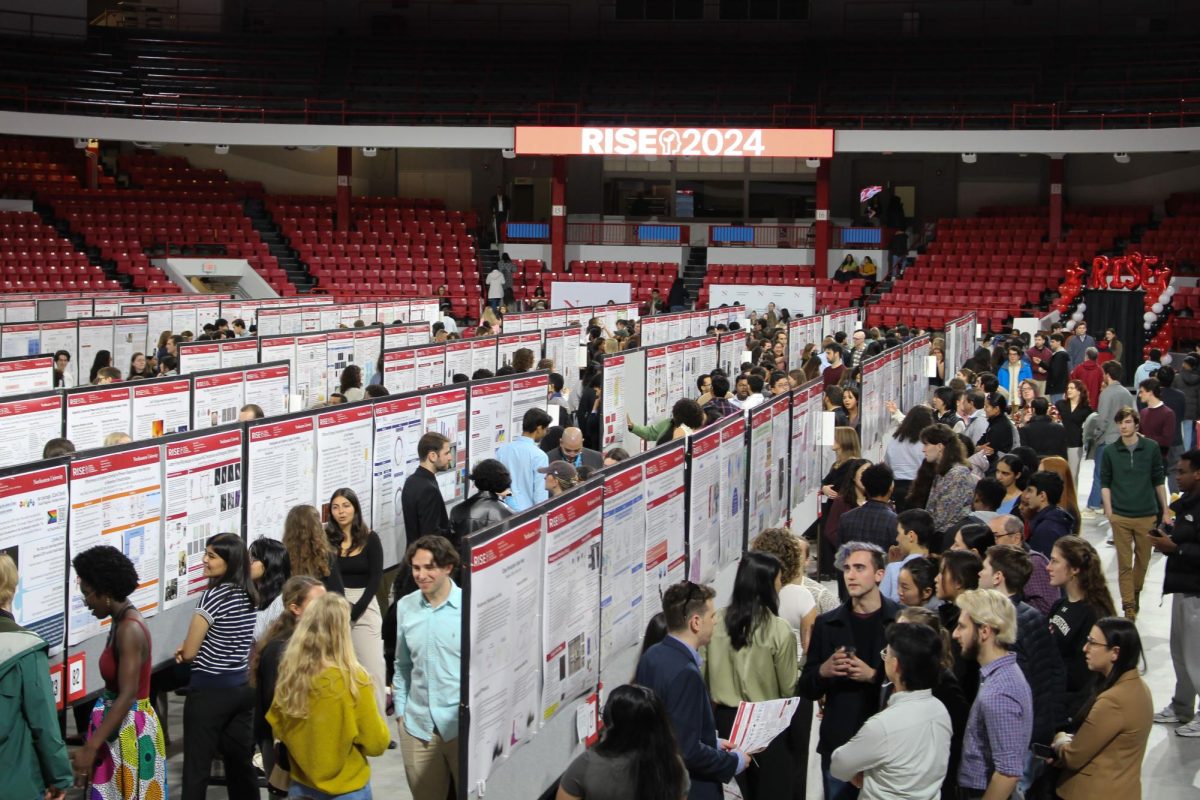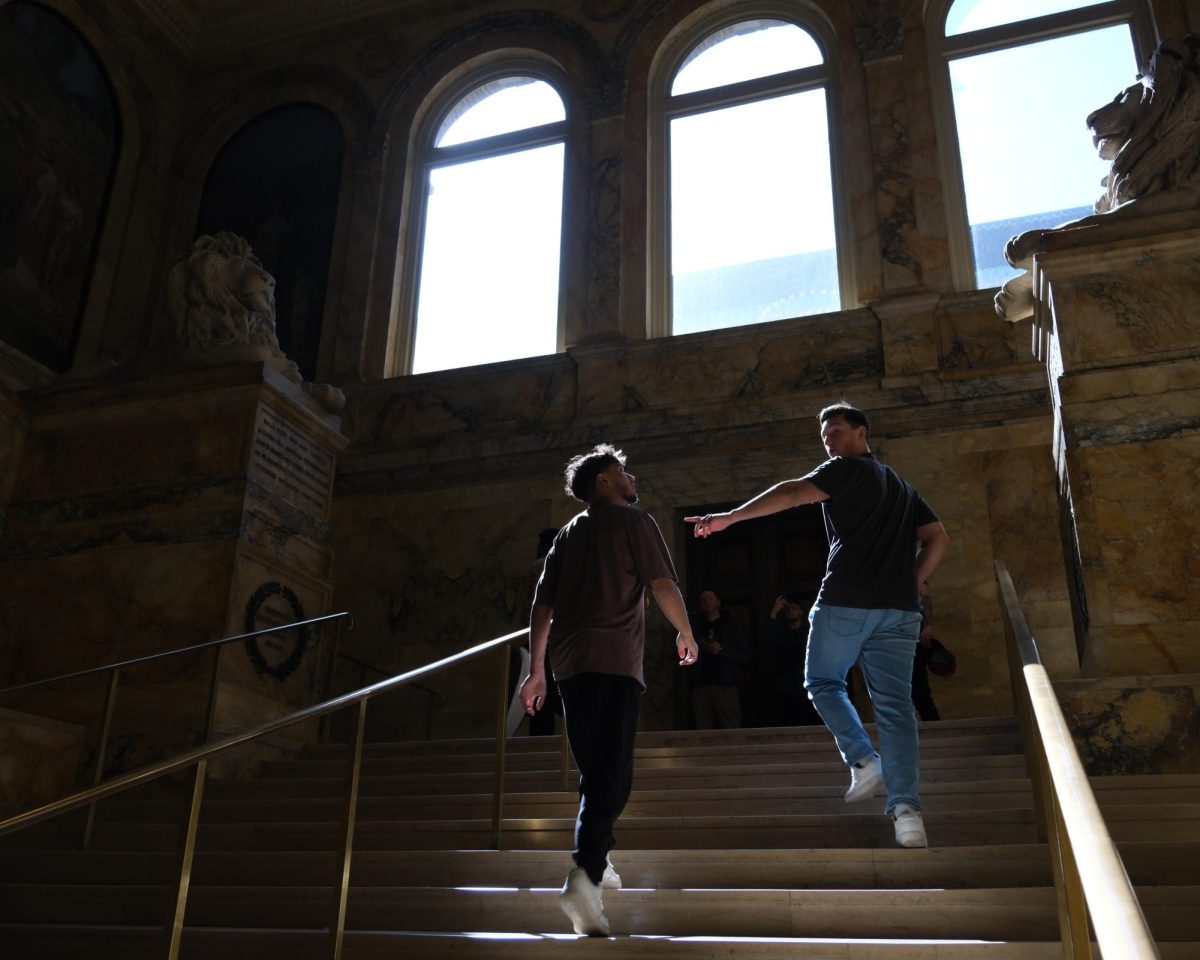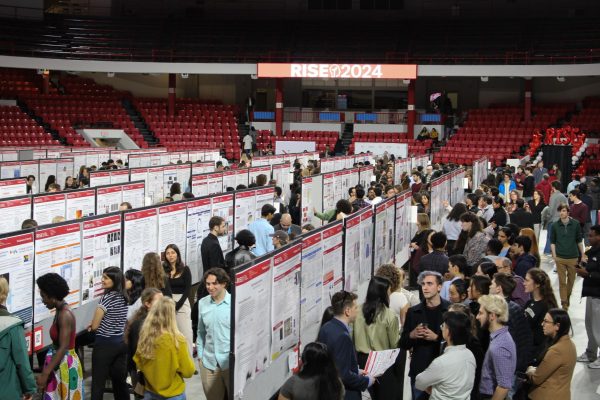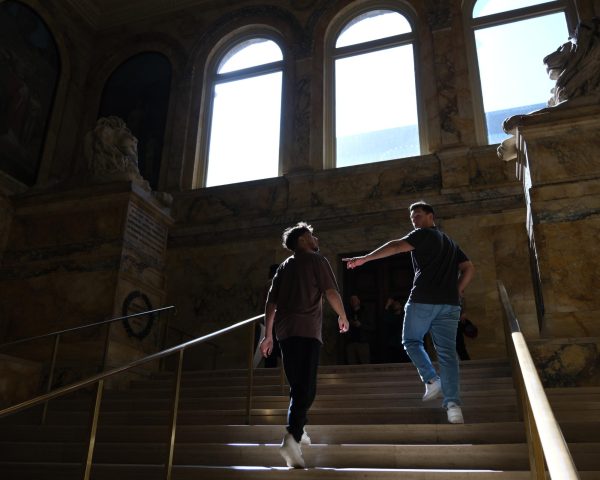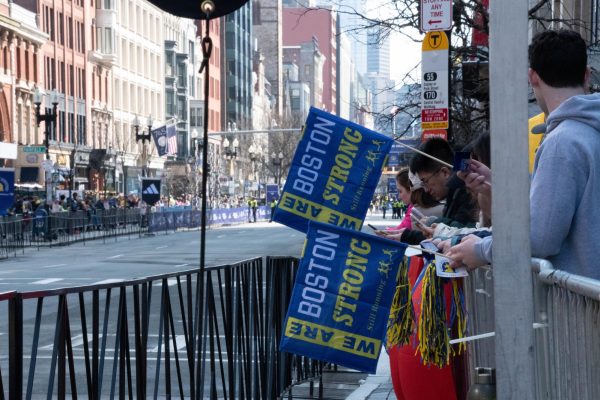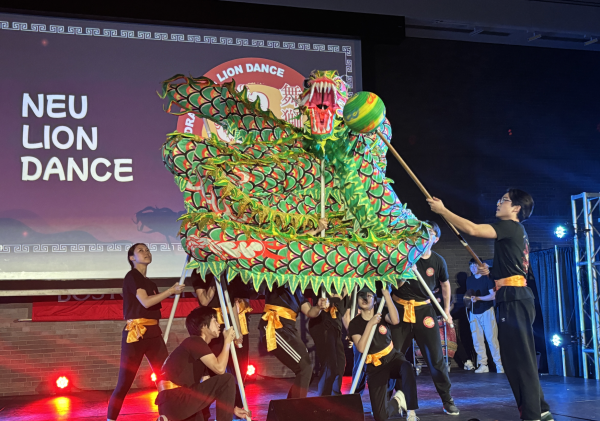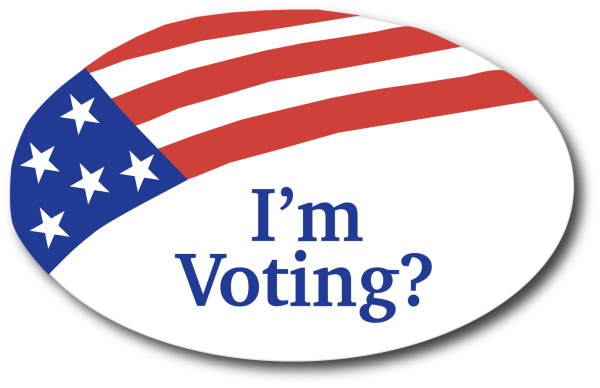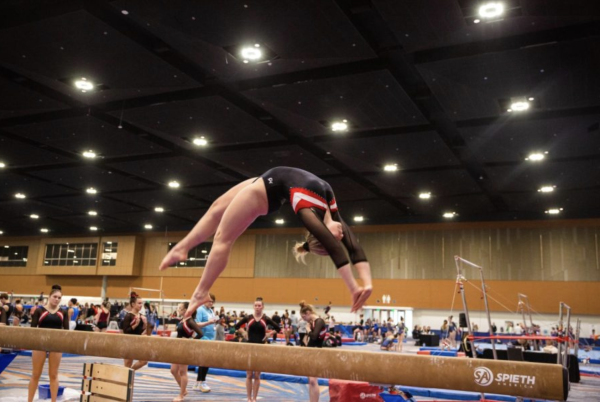Some full time, non-tenure track faculty are against unionization
January 30, 2019
In a demonstration that took place in November 2018, many full-time, non-tenure track faculty demanded the right to vote on the issue of unionization. Many others oppose the idea of forming a union, going against the message of that demonstration. Last semester’s protest aimed to encourage the administration to allow full-time, non-tenure track faculty to vote on whether or not to unionize.
“I’m completely opposed to the idea of unionization,” said Oyinda Oyelaran, a professor in the department of chemistry. “I feel that I have a voice, I can advocate for myself … I don’t feel that I need an organization to come in and essentially squelch individual voices and make us this amorphous body.”
Oyelaran served on the Faculty Senate’s full-time, non-tenure track faculty committee from 2014 to 2018 and said there are already policies in place for issues that the Service Employees International Union, or SEIU, promised to address.
“We worked with the Senate agenda committee, with the Faculty Senate, with administration … to really define the role of non-tenure track faculty,” she said, “and I think we’ve made tremendous progress.”
Oyelaran said there are already procedures for dismissal, guidelines for promotions and policies for increasing participation in faculty governance, all issues that SEIU promised to solve.
“We have processes in place for us to address these issues as faculty,” said Dawn Cisewski, a professor of psychology and member of the Faculty Senate on behalf of the full-time, non-tenure track faculty. “I don’t really see a need for a union.”
Peter Fraunholtz, a professor in the departments of history and international affairs who supports unionization, said the overall problem lies in that the university refuses to even let them vote on the issue.
“The diversity of opinion is fine, let’s just have a vote,” he said. “We don’t even have the right to even hold a vote about whether we want to have a union or not.”
In November, the full-time, non-tenure track faculty withdrew their petition to hold an election after the university deemed them “managerial staff,” who do not have the right to do so. During the demonstration, members of the faculty delivered an open letter to President Joseph E. Aoun, asking the administration to reconsider.
David Herlihy, a member of the Faculty Senate and a professor in the department of music, said he worries that a union would harm the university’s One Faculty model, a program in place to assure that all full-time faculty are involved in university governance.
“I take very seriously the grievances and concerns of my colleagues,” Herlihy said. “I do feel that people should be treated well and fairly. I’m just not sure of the impact of collective bargaining … I am not sure of the actual impact of a union on the day-to-day governance of faculty.”
Many full-time, non-tenure track faculty, like Professor of Chemistry Jude Mathews, are concerned with how a union would impact their relationship with their superiors. Mathews said she can easily express her work-related concerns to the chair and dean of her program, and she worries that going through a union to do so would be much more cumbersome.
Mathews, along with several others, also feels discouraged by SEIU’s vague union promises and the expensive required dues for what she estimated would be more than 700 faculty members.
“Unions are a business,” she said. “They’re very desperate for money.”
Fraunholtz said unionizing will have no impact on how faculty communicate directly with chairs and deans of colleges, and that many of the concerns regarding the union can still be negotiated.
“People bring a lot of preconceptions to what this will look like,” Fraunholtz said. “What the arrangement looks like can only be determined by bargaining. And the more people that are involved in the bargaining process on the faculty side, the more people will get what they want.”
Cisewski added that SEIU Local 509 already represents the part-time faculty at Northeastern, a possible conflict of interest if the organization represents the full-time, non-tenure track faculty as well.
Ron Zullo, a full-time, non-tenure track faculty professor in the D’Amore-McKim School of Business, was a part-time faculty member when that union began. He voted against forming the union because he thought it was unnecessary.
“I do see situations in which unions make sense,” Zullo said. “[But] I don’t think people at our professional level need the protections that a union would provide.”
Zullo said representatives from the part-time faculty union would come to his classroom and interrupt his class to discuss union representation with him.
“They waited for me outside my class and literally followed me down the hallway,” he said. “What I experienced then is the same thing as what I experience now.”
Mathews also said SEIU staff would follow her to and from her office and around campus.
“They were really, really harassing me until I had to be so firm that I felt uncomfortable,” Mathews said.
Faculty on both sides of the debate are concerned that many full-time, non-tenure track faculty will feel apathetic or uneducated if the election comes, skewing the election toward unwanted results.
“If only five people show up to the vote, and three people say ‘yes,’ then all of us will be forced to pay dues and join the union,” Mathews said.
While the administration has yet to give the faculty permission to hold an election, members on both sides are attempting to garner support and educate their colleagues on the issue.
“[We need to] educate people to understand what it means to have a union,” Zullo said, “and more importantly, what it doesn’t mean to have a union.”
Correction: an earlier version of this story mistakenly stated that the university denied the union’s petition. The union withdrew their petition.


